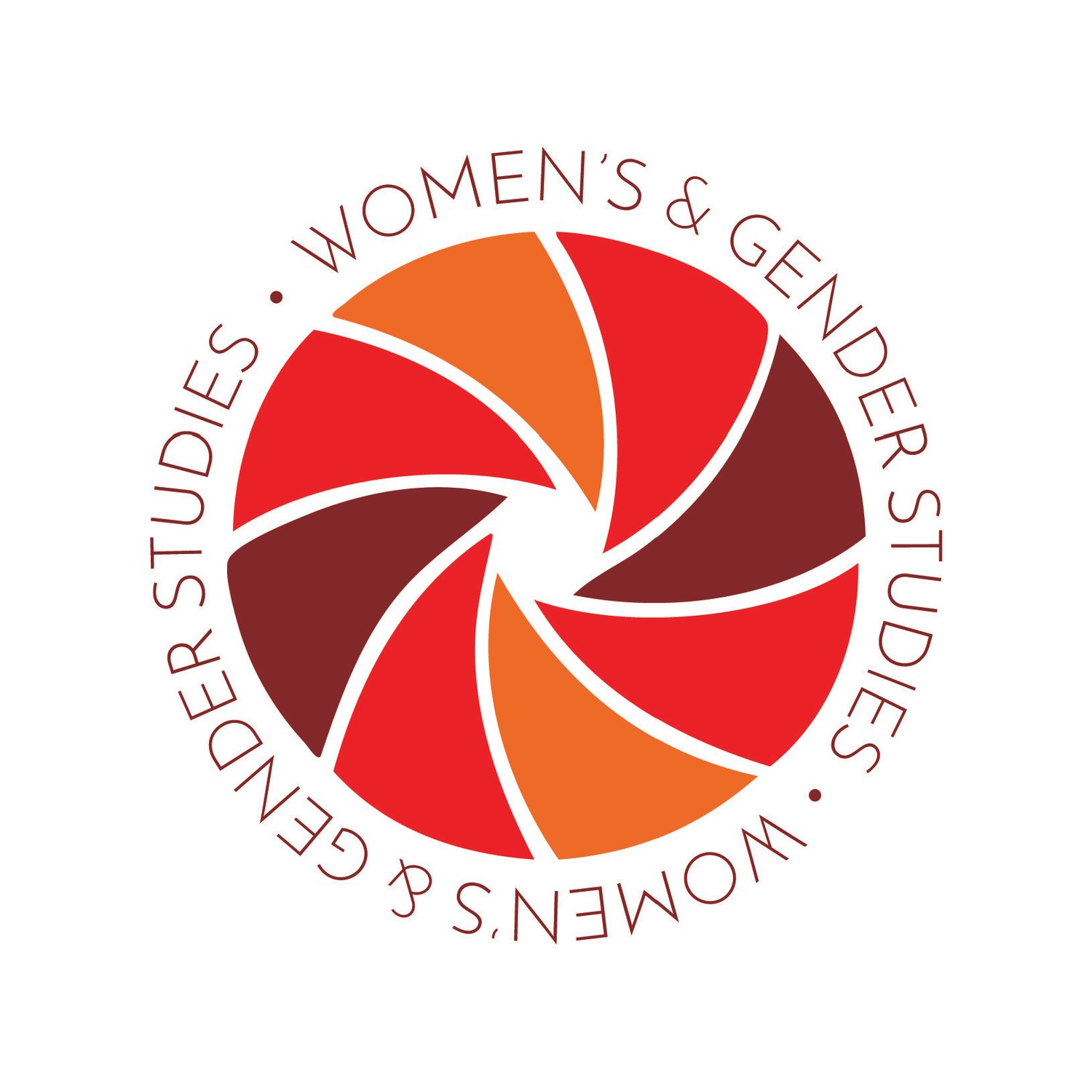
What is MIT’s Women’s and Gender Studies?
Women's and Gender Studies is dedicated to the academic study of women, gender, and sexuality, viewed in a historical and cross-cultural perspective. WGS examines the complex ways in which social, political, and economic structures and institutions, in addition to cultural values and representations, have shaped gendered lives and dynamics of power in various time periods and across various cultures globally. The WGS curriculum attends to the ways that gender and sexuality intersect with race, ethnicity, class, religion, nationality, ability, age, and other social categories. Our interdisciplinary program provides the opportunity for students to explore gender and sexuality using the analytical tools and methodologies of a variety of disciplines in the humanities, arts, and social sciences, including anthropology, literature, history, media studies, philosophy, sociology, psychology, STS, and political science, among others.
WGS offers an undergraduate curriculum with subjects covering diverse topics such as gender and sexuality, gender and technology, gender and media studies, women in the developing world, feminist political thought, women's literature, women's history, gender and health, gender and the law, global activism, race and gender, the psychology of race and gender, gender and science, women and war, reproductive technology, power and leadership in the workplace, the family, gender and development, and more (for a full listing of current WGS subject offerings see the catalog). Students may pursue a major, minor, or concentration in WGS. An annual award, the Louis Kampf Writing Prize in Women's and Gender Studies, is presented for exemplary undergraduate writing in a WGS subject.
MIT also belongs to the Consortium for Graduate Studies in Gender, Culture, Women, and Sexuality, which was established in 1993 by MIT and six other Boston-area institutions. Harvard University, Boston College, Brandeis University, Tufts University, Northeastern University, Boston University, Simmons College, and MIT are currently members of the consortium.
In addition to serving MIT's student population, WGS is also an important resource for MIT faculty working on topics in women's and gender studies within their particular disciplines, but who seek a broader community for intellectual inquiry or scholarly collaboration across disciplinary or departmental lines. WGS Faculty Affiliates are housed in numerous units, including Anthropology, Literature, History, Political Science, Linguistics and Philosophy, Architecture, Global Studies and Languages, Comparative Media Studies/Writing, and Science, Technology and Society Studies (STS), and Department of Urban Studies. We also welcome the participation of faculty with an emerging interest in the field of women's and gender studies, or gender equity issues.

